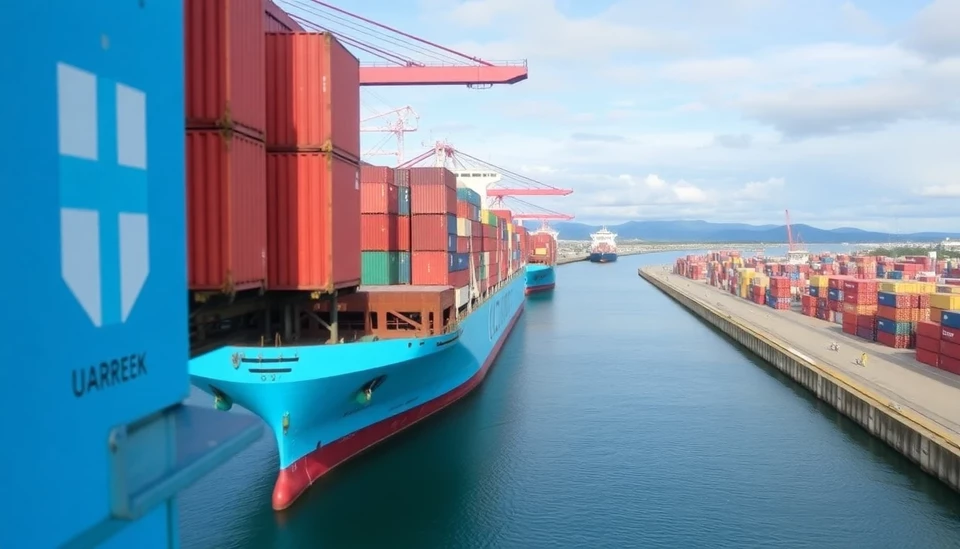
In a significant blow to the Central American nation of Panama, credit rating agency Standard & Poor's (S&P) has downgraded its debt rating to the lowest tier of investment-grade status. This alarming development raises concerns about the nation's economic stability and potential for growth in the coming years.
The downgrade, announced on November 26, 2024, reflects a combination of factors including dwindling economic growth prospects, elevated public debt levels, and persistent fiscal challenges. S&P has lowered Panama’s credit rating to 'BBB-' from 'BBB'. This decision comes amid a backdrop of global economic uncertainty, exacerbated by rising inflation and tighter monetary policies worldwide.
S&P's analysts indicated that the downgrade signifies a cautious outlook on Panama's financial health, highlighting that the government’s capacity to manage its debt burden is under pressure. They noted concerns regarding Panama's fiscal policies and the country’s ability to maintain economic resilience in light of increasing external debts and domestic challenges.
Panama has been acclaimed for its strategic position as a logistics hub, particularly due to the Panama Canal, which has historically bolstered its economy by facilitating international trade. However, critics argue that the country has not sufficiently diversified its economy, leading to vulnerability against external shocks such as economic slowdowns in major trading partners.
The timing of this rating change is particularly concerning for Panama as it embarks on future borrowing strategies. A downgrade to the lowest investment-grade category may result in increased borrowing costs and reduced investor confidence, which can hinder the government’s efforts to finance infrastructure projects essential for economic growth.
Economists are sounding alarms about the potential implications of this downgrade. They fear that the reduced investment-grade rating could deter foreign investment, which is crucial for fueling Panama’s economy and achieving sustainable growth. In response to this downgrade, the government has pledged to implement several credit-enhancing reforms, although skepticism remains about their effectiveness given the mounting fiscal pressures.
Officials from the Panamanian administration have expressed disappointment over the rating downgrade, arguing that it does not adequately reflect the systemic reforms they have undertaken in recent years. They argue that with strategic investments and by fostering a more conducive environment for businesses, Panama aims to enhance its economic performance and restore its creditworthiness.
As Panama navigates this challenging landscape, the downgrade serves as a stark reminder of the need for robust economic policies to manage public debt and instill confidence among international investors. The coming months will be critical as the country works to shore up its fiscal health and regain its standing in the eyes of credit rating agencies.
Despite the challenges ahead, many remain hopeful that Panama's rich resources and strategic location will ultimately facilitate a turnaround, allowing the nation to recover from this setback and reinforce its status on the global financial stage.
#Panama #CreditRating #DebtDowngrade #StandardAndPoors #EconomicChallenges #InvestmentGrade #FiscalPolicy #GlobalEconomy
Author: Daniel Foster




